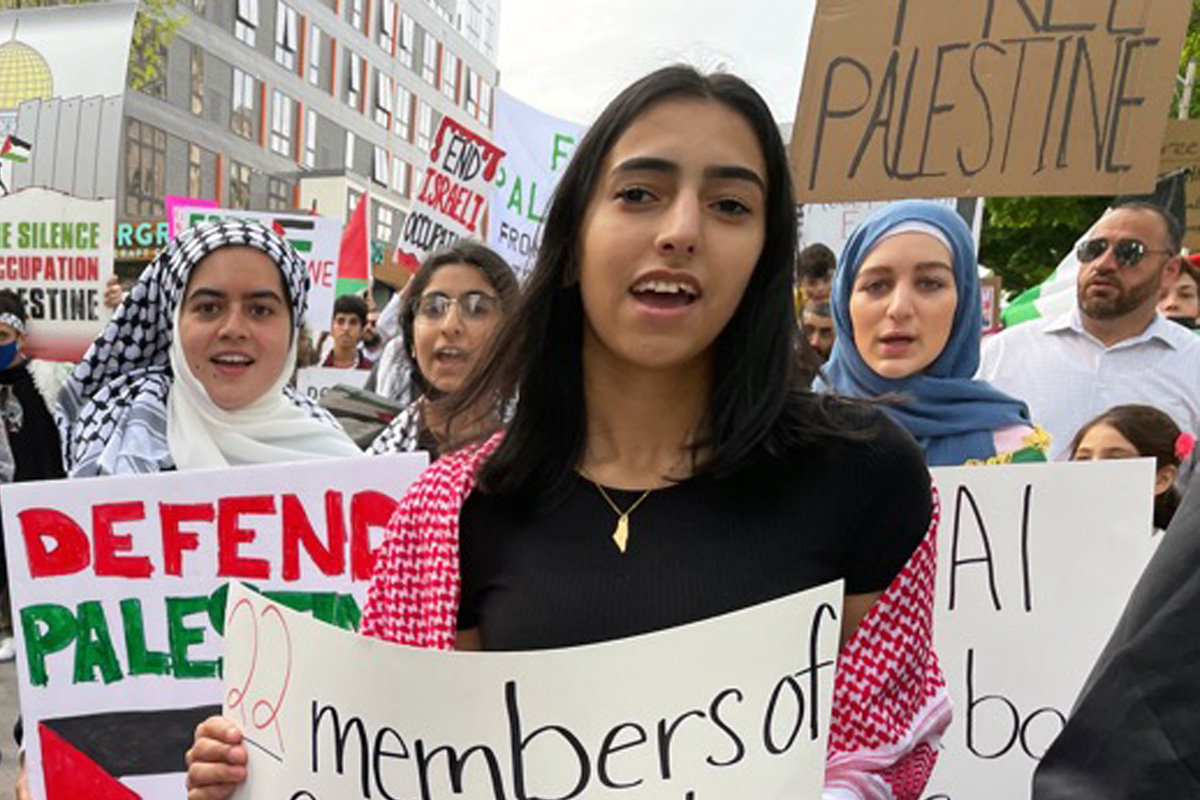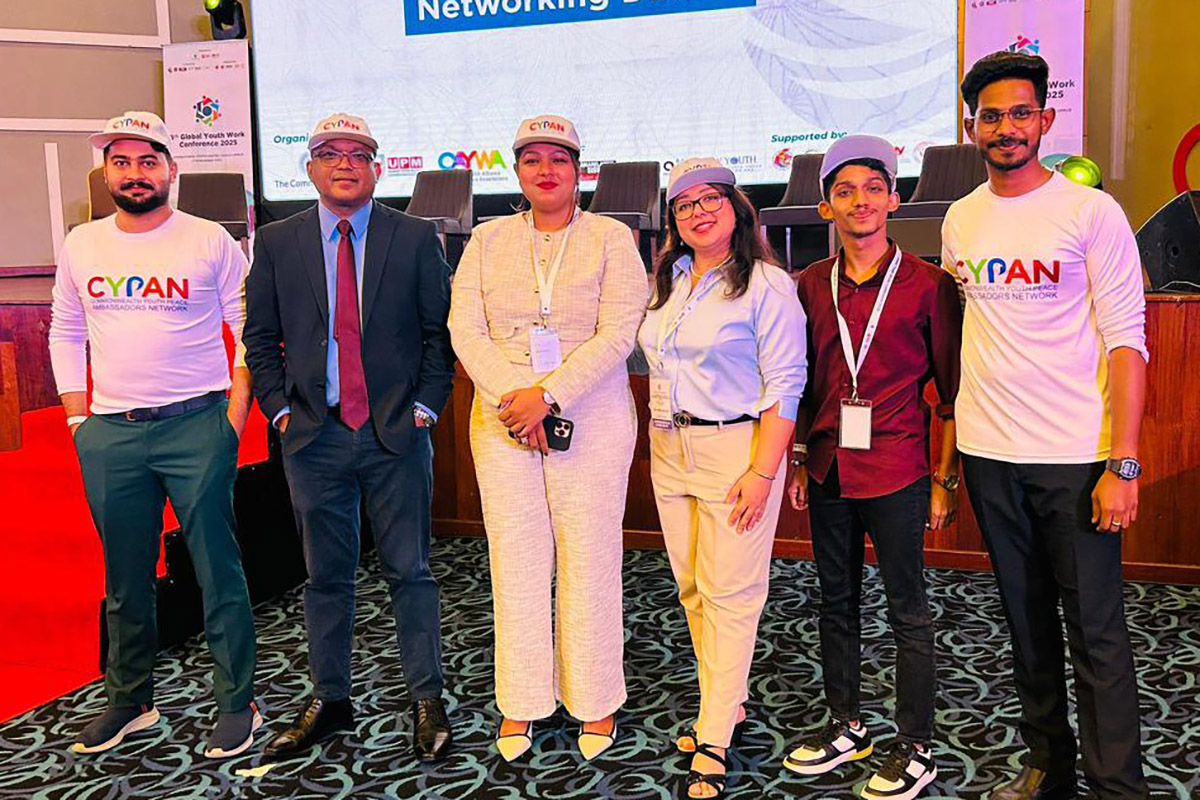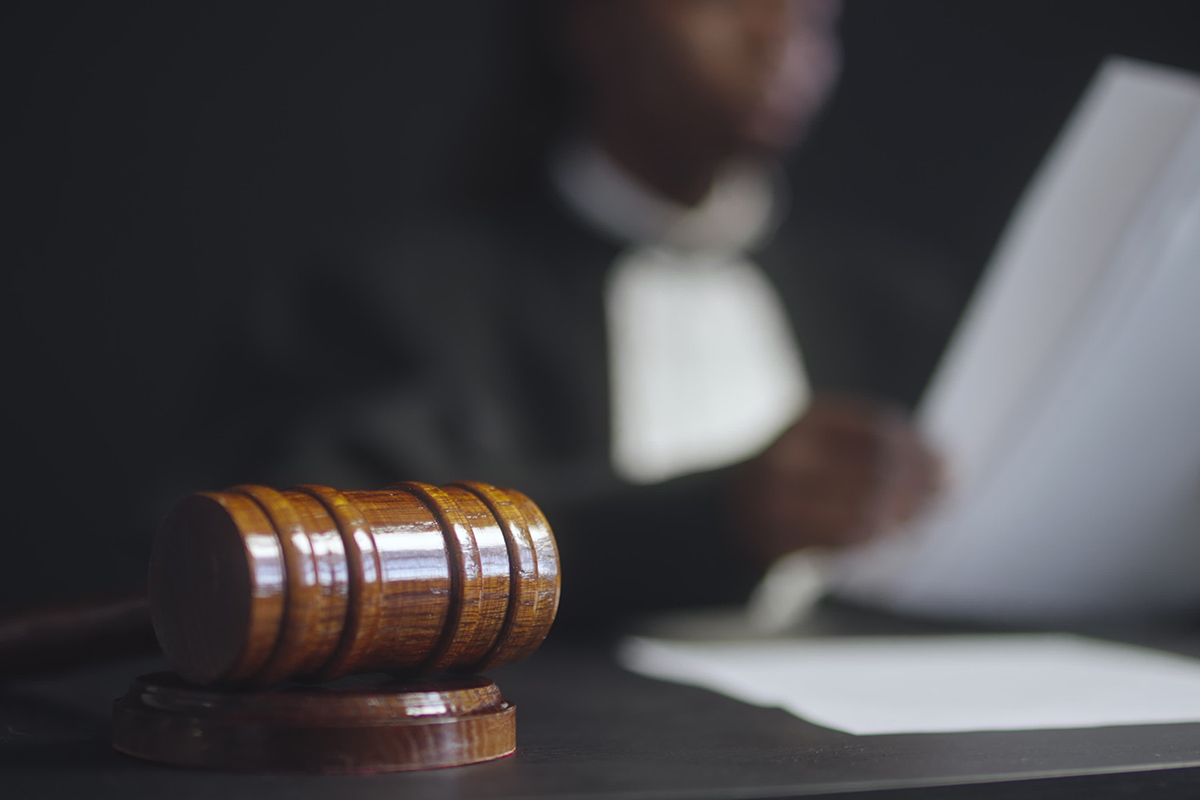When will the bloodshed in Gaza end? – A call for accountability
October 29by Erisa Sserwadda
When will the widespread killing of civilians in Gaza stop? When will the hypocrisy in the West end? When will we no longer see the deaths of defenceless children, mothers, medical professionals, journalists, and young people without weapons in Gaza? When will the current genocide come to an end? In 2023, would mankind truly need another Holocaust?
Strange, isn’t it, that Gaza has run out of everything but bombs and rockets? All of us humans ought to be thinking about these unanswered questions right now.
Regardless of one’s political inclinations, the state of Israel should be held accountable for the ongoing genocide and war crimes against people in Gaza.
I would want to convey my support for the people of Palestine and demand an immediate cessation of hostilities in Gaza. It is necessary to come to a political agreement that acknowledges the Palestinian people’s rights to political existence, self-determination, and return.
Major Western countries, whose own history of colonial slaughter shines like lightning in the eyes of modern Africa, fully continue to support the current carnage in Gaza.
In an environment of deceit, bigotry, and suspicious Islamophobia on the part of mainstream Western or pro-Western media, this article aims to draw attention to the fact that the Israeli regime’s violence in Gaza, where a 16-year blockade has rendered living conditions intolerable, began before the formation of Hamas and the recent events.
For Palestinians, the colonial occupation has become a normalised and everyday reality. As it has historically done in Africa and other colonised regions, this has led to a variety of tactics of resistance in Palestine as part of the liberation fight. The criminalization of Palestinian resistance or its classification as “terrorism” is revealed by comparative historical consciousness to be an inherent feature of colonial mindsets and tactics.
Israel continues to aggressively attack Gaza today, in flagrant violation of its documented and ongoing obligations as the occupying power. By bombing both public and private areas, such as homes, schools, hospitals, playgrounds, universities, mosques, and churches, Israel is killing Palestinians without distinction.
The blockade’s present deterioration, which involves limiting access to gasoline, power, and water, is now linked to the relocation of almost a million people living in that area. This is a continuation of Israel’s 75-year history of Zionist settler colonialism, a governmental system founded on ethnic cleansing, apartheid, and land confiscation. It goes beyond the catastrophes sparked by the state’s establishment in 1948.
The time has come for all of us—activists, advocates, journalists, and well-wishers—to publicly endorse a structural framework for comprehending the ongoing violence, moving past binary viewpoints that merely denounce the killing of innocent civilians by both sides and invoke Israel’s “legitimate” right to self-defence. Rather than endorsing the use of force against civilians, we should advocate for a system that makes it possible to pinpoint the underlying reasons for Hamas’ use of violence and the continuous genocide in Gaza, both of which are connected to the Israeli regime’s colonial past.
The history is closely linked to the neo-liberal economic system in which it operates and gains advantages, as a result of the occupation of Historic Palestine. The existing military and humanitarian measures will not end cycles of violence until they address the systemic and historical origins of the conflict. It is evident to one who supports concrete decolonization that this concept is inextricably linked to the goal of liberating colonised people worldwide.
Now is the moment for us to organise and continue our efforts in support of the Palestinian people to halt their suffering and the bloodshed that is likely to envelope the entire Middle East region.
To defend Palestine, you do not have to be a Muslim. All you have to do is be human.
Opinions expressed in this article are those of the author and do not necessarily represent the views of the Commonwealth Youth Programme. Articles are published in a spirit of dialogue, respect and understanding. If you disagree, why not submit a response?
To learn more about becoming a Commonwealth Correspondent please visit us here.






